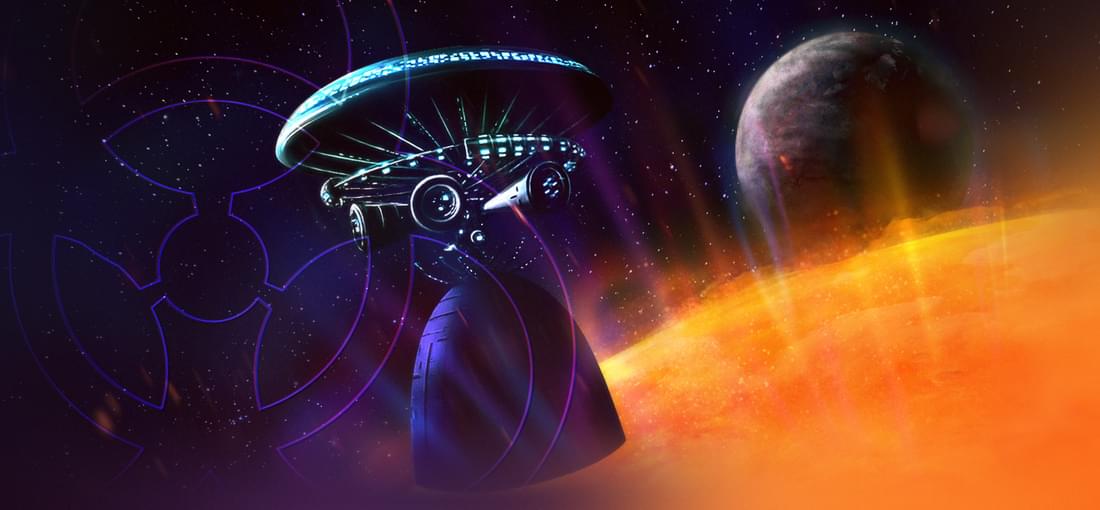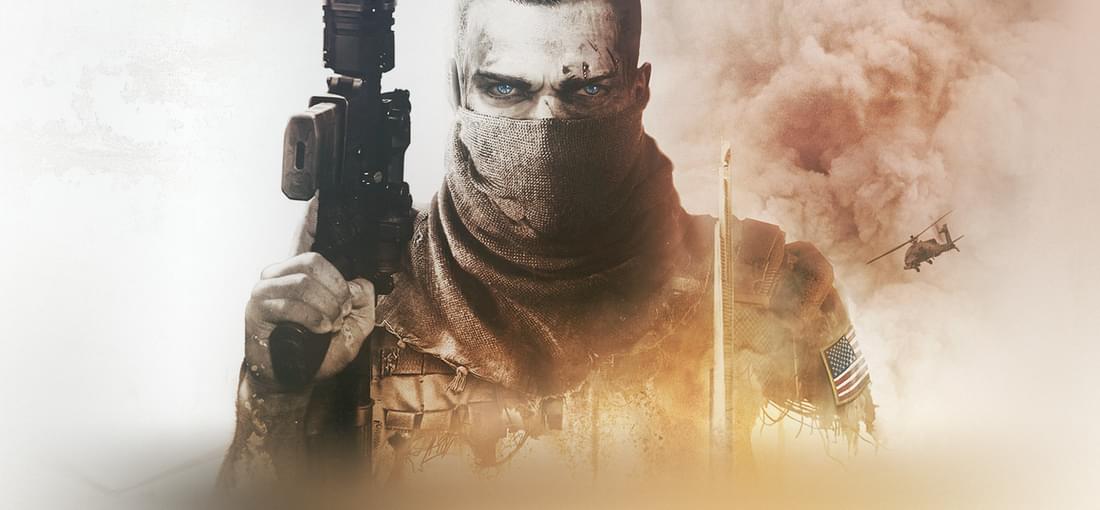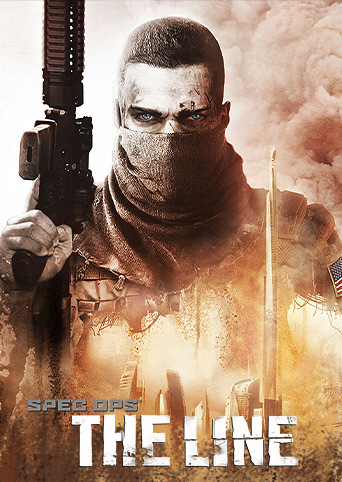


Outpost 2 is... fine? It doesn't really do anything wrong, but it doesn't do much amazingly well either. The first thing to know is that if you approach this as a city builder then you're probably going to be disappointed by its simplicity. It won't take more than a couple hours to construct an optimized colony in creative mode. Instead, the core of the game is focused on the campaign where you'll be faced with a series of scripted scenarios, each with their own objectives and challenges. Taken by themselves, the RTS and city builder aspects in Outpost 2 are basic. Put them together, though, and add some authored direction and you have a decent game on your hands. There is a story and, actually, it's pretty good. If you're just looking for a scifi novella by J Steven York, then bump this review up to five stars. Doled out as plain text chapters between missions, though, the narration only provides a backdrop for your actions and rarely integrates with the gameplay. Even though you have some well developed characters, they unfortunately won't be joining you as hero units. In conclusion, Outpost 2 is a quaint hybrid of RTS and city builder elements but don't expect the world from it.


"The nine most terrifying words in the English language are: I'm from the government and I'm here to help." --Ronald Regan Spec Ops the Line is a meat and potatoes, modern military cover shooter. Gameplay-wise it doesn't do anything exceptional, but everything had a nice coat of polish. There are a few points where you can use the environment to your advantage, but these are more set pieces than mechanics. When people talk about SpecOps the Line, though, it's not for the gameplay but the story. Some call it anti-war but I think it's more specifically anti-adventurism. It shows how decent people with good intentions can ultimately perform horrible acts because they don't understand the context of their situation. It's all about perspective and how that affects us. The core narrative hammers hard the prospect that sometimes there are no good options, no right answers, and, to borrow from War Games, the only winning move is not to play. It precedes Bioshock Infinite in how it handles player choice. When you're on the express train to Hell, it doesn't matter where you sit. This can be distressing for people who want their ending tied up neatly with a bow. For me, though, this game was about the journey. There's plenty of detail and environmental storytelling in the map design and the action pauses often enough to give you a breather to appreciate them. I enjoyed exploring the ruins of Dubai, seeing the extravagant hotels and shopping centers slowly reclaimed by the desert. Treat Spec Ops the Line like an interactive movie. Play it, enjoy the experience, and then set it aside. There's little reason for a replay unless you want to try a more challenging difficulty level, or perhaps if you want to go back and pick up the details you missed the first time around. Final verdict: recommended. Wouldn't play again.
I want to love the Colonel's Bequest. I really, really want to love it. It has a darker, more mature theme than King's Quest but still exhibits humour and whimsy. If you're okay with CGI graphics and Adlib sounds, the atmosphere is evocative and, in my opinion, captures an Agatha Christie novel better than some of the games with her name. The characters, while intentionally cliche, mesh well and I genuinely wanted to know more about their relationships. The game also featured a layer of complexity that wouldn't be replicated until The Last Express. Events progressed in time blocks, which would be triggered by certain actions. If you missed a conversation or point of interest then too bad, the game kept going. Some events will even change slightly depending on the order you do things. There are two endings and your score is actually reflective of how thorough an investigator you've been by examining evidence and doing things like checking for fingerprints. Unfortunately, the complexity that makes the Colonel's Bequest so interesting is also its achilles' heel. Because actions may only be available during some time blocks, it's possible progress the clock before you finish everything you need to complete the story. This will enter you into a fail state without any warning. I wandered the map for hours, clicking on everything, trying every inventory interaction I could think of before I finally quit of frustration. I never finished Colonel's Bequest and only saw the ending by watching HerCrabbiness' excellent Let's Play on YouTube. Do I recommend the game? Yes. But know what you're getting in to. This isn't your typical Sierra Adventure Game. As long as you keep a walkthrough handy and don't mind backtracking, though, it can be rewarding. I want to give this 3.5 stars, but I'm rounding up for nostalgia's sake.

I bought Knights of the Sky on release and at the time it was one of my favourites. I remember one morning I decided to play a few missions before school and was so engrossed that I lost track of time and missed attendance. Among the WWI simulators of the time, it doesn't have the same level of charm as Wings or the sophisticated flight model of Red Baron but sits comfortably between the two. You're a career pilot for the Allies (no German campaign) and over the course of the war you'll receive several events between missions. New planes will become available or retired on both sides. Maybe an enemy Ace will challenge you to a duel on your next mission, providing a secondary objective. Rival squad mates will join your squad, achieve promotions, or be tragically killed in action. Each campaign plays a little differently. Your squadron may be transferred to a different aerodrome along the front, or, once you achieve the rank of Captain, you may move it yourself. Your areodrome is your spawn point, which decides your field of operations. Missions range from patrols, bombing enemy bases, to eliminating balloons. Beyond that, you are free to explore the 3D map so far as your fuel tank will let you. This game taught me to manage my throttle to conserve fuel so that I could visit far off Brussels and return to a friendly airstrip. It also taught me to conserve my ammo and the importance of dive bombing. It was simple to learn but challenged me to become a better gamer. A few years ago I loaded up my original disks and ran it in DosBox. Does the game hold up? Frankly, there are simply more modern flight simulators available with improved physics and graphics. Taking off the nostalgia goggles, I found the terrain bland and the polygons blocky. It's functional, though and, as a piece of history, KotS is a worthy title that featured one of the first instances of dial-up multiplayer in a flight sim.

VTMB is an Action-RPG commonly compared to Deus Ex 1 or Alpha Protocol. Like those games, it has its share of flaws but these are easily made up for with the game's brilliant writing and art direction. The game is so seeped with intriguing lore and saturated with atmosphere that once you're in game, it's easy to overlook the otherwise dated graphics. What about gameplay? Well for the first half of the game you're treated to a true RPG where you have the option to approach many challenges as you see fit, be it through combat, stealth, or diplomacy. Unfortunately the later half of the game resorts to a series of dungeon crawls. Combat can be a little clunky but is made up for by the fact that you can seamlessly switch between melee and firearms and between 1st and 3rd person camera perspectives. Just make sure you invest points in your combat skills because they'll make a big difference. The slope for guns is particularly severe, being almost useless unskilled but enabling you to breeze through boss fights when upgraded to 8 or higher. VTMB is worth at least three replays, thanks to a robust character sheet and your choice of vampire "clan", which defines what magic disciplines (like Deus Ex's augmentations) you can use and may apply special rules. The crazy Malkavian clan has its own set of loony and spoiler-filled dialogue and the grotesque Nosferatu force you to slink in the shadows as you're penalized for being seen by humans. I recommend the Tremere for first timers but all choices are viable and add their own twist. Overall, the story may be less reactive than Alpha Protocol and the maps less interesting than those in Deus Ex, but if you enjoyed either of those games and want to dive neck deep into a vampire RPG that doesn't pull any punches, VMTB is sure to satisfy.

Armada taken purely as a strategy game is unique. Strip away the Wing Commander theme and the head to head space sim combat and you have a strategy game that's simple but potentially very interesting. The scenarios take place on an unexplored star map interconnected by jump routes. You start with a carrier, which serves as both your only means of expansion as well as the game's objective. To win, you have to kill your opponent's carrier and vice versa. Because your carrier is necessary for upgrading planets and useful as fighter support, you can't simply leave it protected deep in your territory. Each turn you can give your units orders to move one jump route. As you scout the map you'll find planets that offer minerals to exploit and strategic choke points. What makes Armada interesting is that these minerals are finite, making turtling a very bad idea. You also have the option to strip-mine which doubles the resource output but quadruples the depletion cost to the planet, good for quick expansion but inefficient. Resources must be transported manually to shipyards, which does involve micromanagement. Shipyards will then convert resources into fighters, which you can use for scouting and offense. Armada is a good game of risk management unfortunately hampered by a mediocre AI. Also, I would switch on autocalc for combat since battles are capped to 2 fighters per side at a given time, allowing a skilled pilot to defeat overwhelming odds in piecemeal.